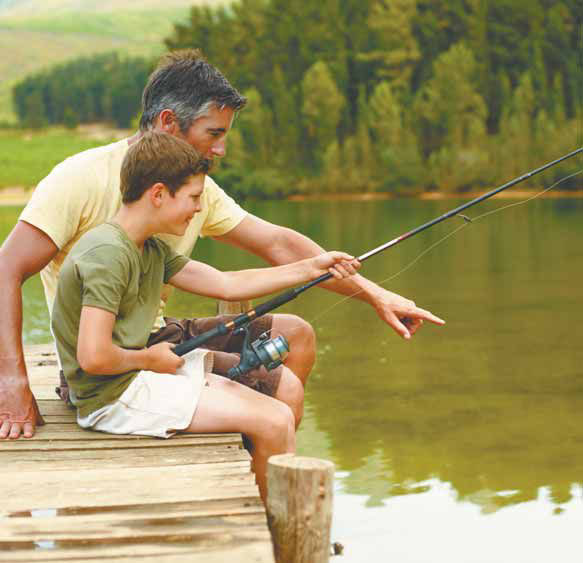
Dear Readers,
This issue of Baltimore’s Child is my last. Writing the Family Matters column has been an eight-year labor of love from the start. I loved sharing my thoughts and feelings with you and receiving emails in which many of you shared your thoughts, suggestions, feelings and experiences with me. Together they added to my understanding of what it means to be a parent. It was a lovely partnership. I got fan mail too, for which I am very grateful.
I’m taking this opportunity to leave you with a reminder of my most cherished issues that I covered over the past eight years, chief among them: respect. I am firmly convinced that respect is the most powerful force that brings people together and keeps them together—especially enabling parents to remain significant persons in their children’s lives. It begins when we show respect for our children first instead of demanding respect from them. The children can’t give it if they don’t know what it is, can’t know what it is until they have experienced it for themselves, can’t appreciate respect until they have felt respected themselves, can’t know how to do it until their parents demonstrate it, and will not trust the idea of respect until their parents’ locus of respect is self-respect.
Perhaps you remember the definitions of respect: “to re – spect” is to look again. That is, to look with special attention, to see and value and, most especially, accept each child just as he or she is. Don’t we all want to be accepted just as we are? Don’t we resent being told we are not good enough as we are? How can your children learn to accept themselves if you don’t accept their unique personalities?
The second definition of respect is “to refrain from interfering with.” Sometimes we have to interfere with what our children do, but we never have the right to interfere with who they are.
Another issue I am passionate about is putting an end to punishment. While parents use it to enforce their rules, children do not learn what their parents mean to teach. They learn that people they love and trust hurt and humiliate them. They learn to resist authority, now and later. They learn to bully smaller children. They learn that love and violence go together. They learn to be resentful and fearful. Parents, there’s a better way to discipline children. Natural consequences will teach them far more effectively than hitting or punishing them. A good example of natural consequences: A boy spent his entire allowance the day he got it. The natural consequence is that he is broke for the week; the teaching part comes when his parents sit down with him and show him how to budget his money.
So readers, I would like to show my appreciation for your loyalty and friendship by sending you a complimentary copy of my award-winning book, 27 Secrets to Raising Amazing Children. (Please send me $4.00 for shipping and handling.)
Molly Brown Koch
4 Pomona North #3
Pikesville, MD 21208
And check out my website keeptheconnection.org for all my columns and future essays as well.
— Best wishes to all, Molly








